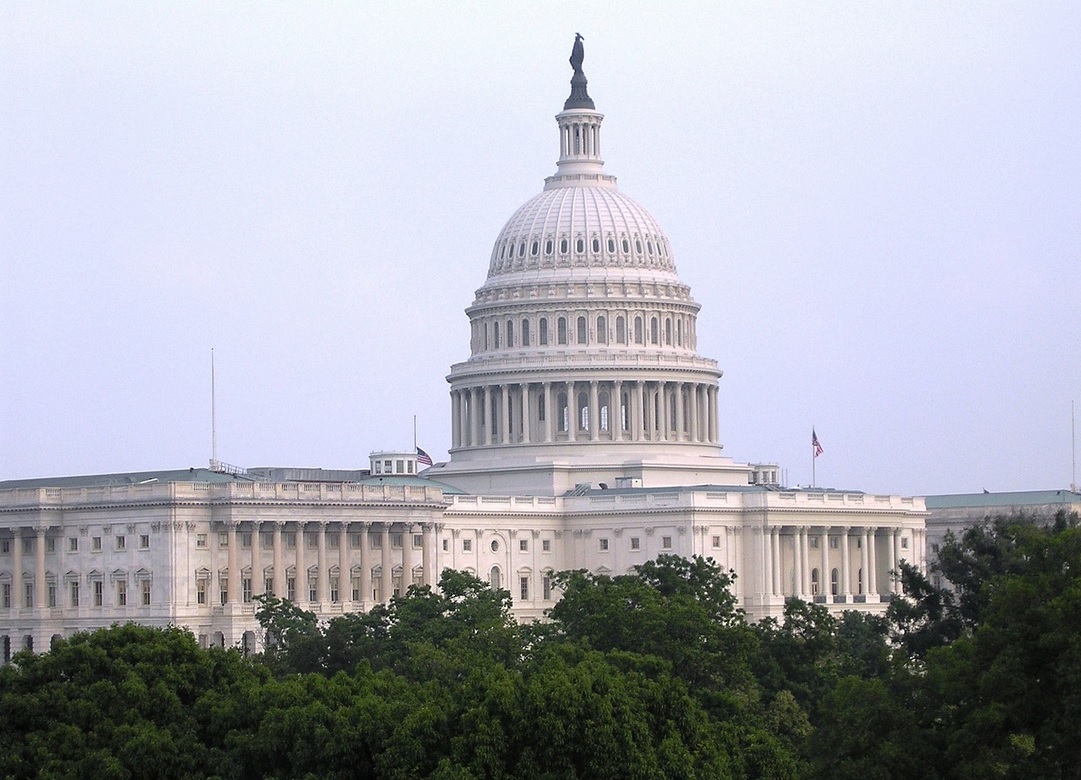By Anthony K. Smith
Oregon NFIB
Like the U.S. Congress, the Oregon Legislature has some big decisions to make – both in the short-term, and in the months and years ahead. As our state begins the process of recovering from the coronavirus pandemic – and the resulting economic hardships that have impacted so many Oregonians – state lawmakers will be tasked with the nearly impossible choice of prioritizing growing needs with much fewer resources.
Unlike the federal government, Oregon is constitutionally required to have a balanced budget, which means that while the state can do a lot to provide financial relief and other forms of public assistance to its people, the federal government can, and has, done more. It has provided billions in CARES Act funding for Oregon – and for small businesses, the Paycheck Protection Program (PPP) has been an indispensable lifeline.
It has been remarkable to see Congress working relatively quickly with the president and his administration, in a bipartisan way, to deliver much-needed relief to the American people during the last several months. Undoubtedly, neither the Democrat-controlled U.S. House of Representatives nor the Republican-led U.S. Senate has loved everything passed in the first several rounds of coronavirus response legislation. The work-product hasn’t been perfect, and has required some fixes here and there, but overall, federal coronavirus legislation has achieved its desired result – keeping American households and businesses afloat during an unprecedented time.
Congress was right to prioritize small businesses during the pandemic, and as it works on what is likely to be the final relief package of the year (or at least until the November election), federal lawmakers should continue to do so. Few things would be more distressing to local communities than the collapse of small business. They employ nearly half of all Americans and have accounted for 62% of net new private-sector jobs created since 2009. Congress must ensure that small businesses have the support and protection they need to do what they do best: create jobs and grow the economy.
In Oregon, keeping people employed, or getting them back to work, isn’t just a good thing – it’s absolutely essential. When nearly 90% of the state’s general fund is financed through personal income taxes, perhaps nowhere in the country is it more important to keep our small businesses open – and as many Oregonians as possible earning a paycheck. Focusing policy decisions on supporting small businesses not only helps individual households (both workers and business owners) but it also helps the state budget at a time when resources are already scarce, and the state’s unemployment system has been stressed to the max.
Here at NFIB, we’re asking Congress to focus on five key priorities. Each one of them could be the subject of its own guest column, so if you’d like to read more on any (or all) of them, please visit www.NFIB.com.
– Provide targeted financial assistance
– Enact liability protections
– Provide tax relief
– Fix unemployment insurance
– Provide regulatory relief
Interestingly enough, NFIB, along with the broader business community in Oregon, has been asking the state legislature for the exact same things for several months now – and like Congress, the Oregon Legislature needs to work together to prioritize our small businesses. They need to work together with our federal leaders to stretch every public dollar to its maximum benefit. And they need to work together, putting politics and egos aside, to achieve bipartisan results.
Is this too much to ask for heading into an election? Perhaps. But with 71% of small business owners nationwide telling us that they have already exhausted their PPP loan funds, 46% saying they anticipate needing additional financial support in the next six months, and 23% of small business owners reporting that they will have to close their doors if the current economic conditions do not improve over the next six months, we simply can’t afford politics-as-usual.
Disclaimer: Articles featured on Oregon Report are the creation, responsibility and opinion of the authoring individual or organization which is featured at the top of every article.


